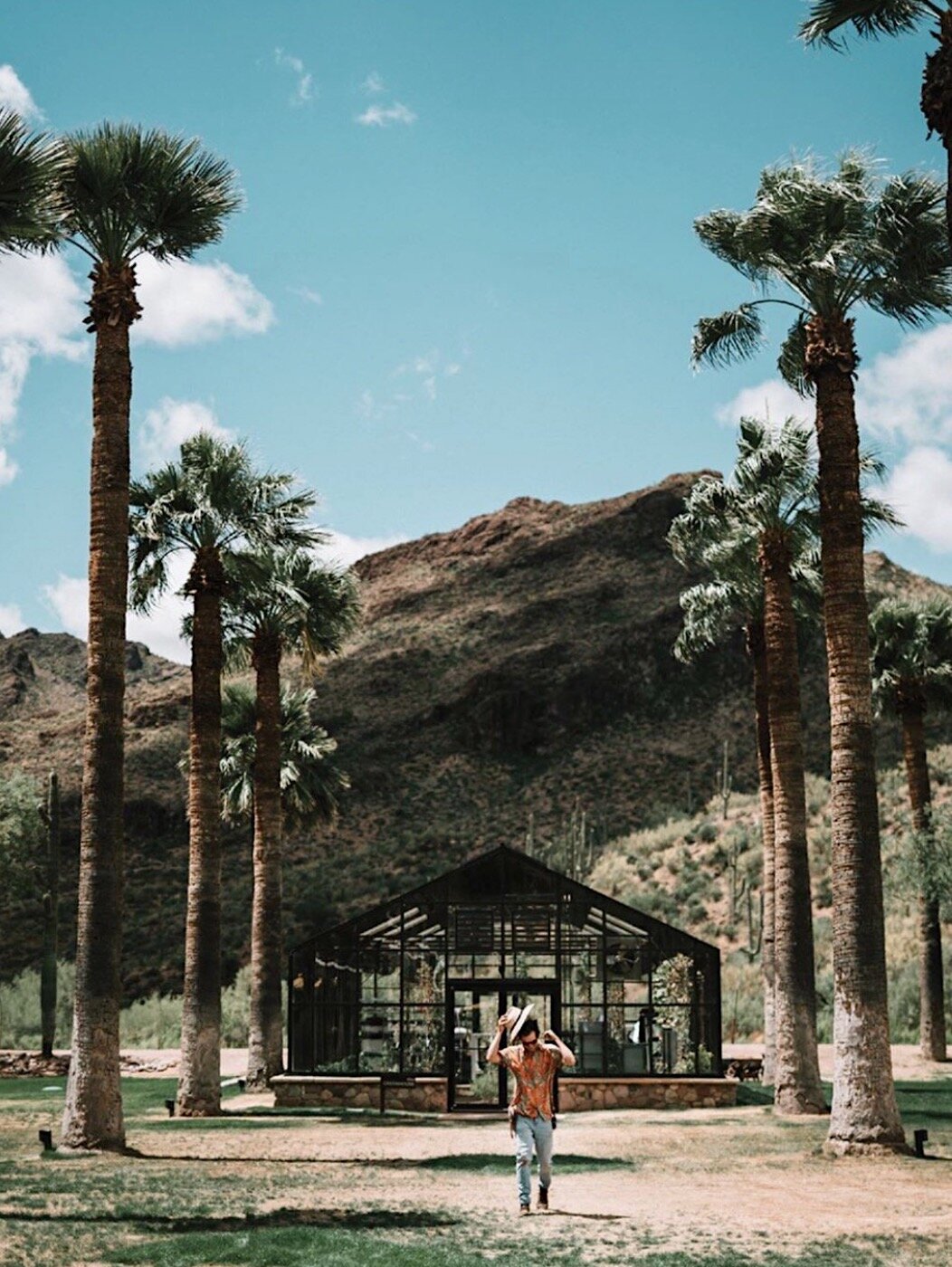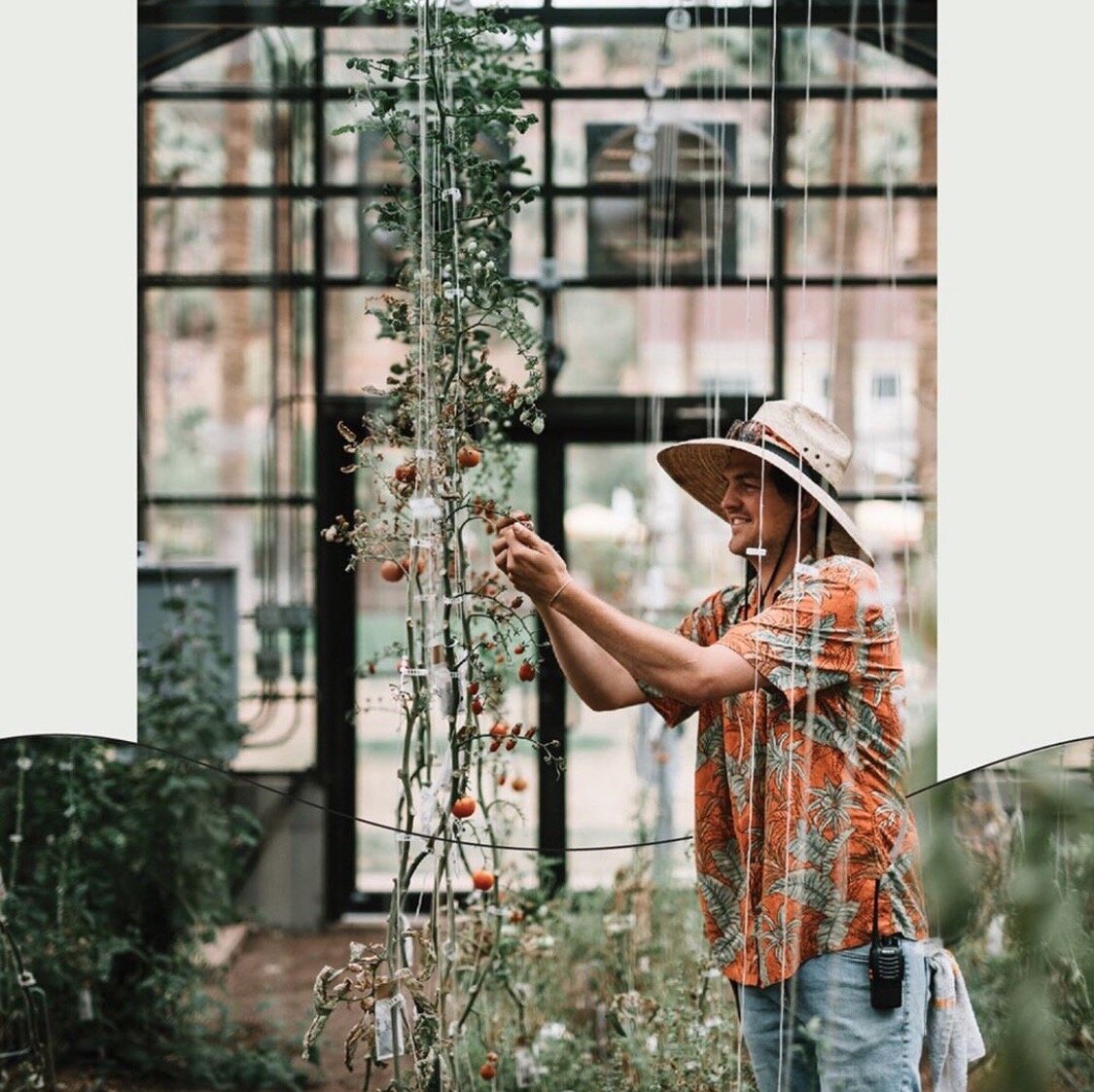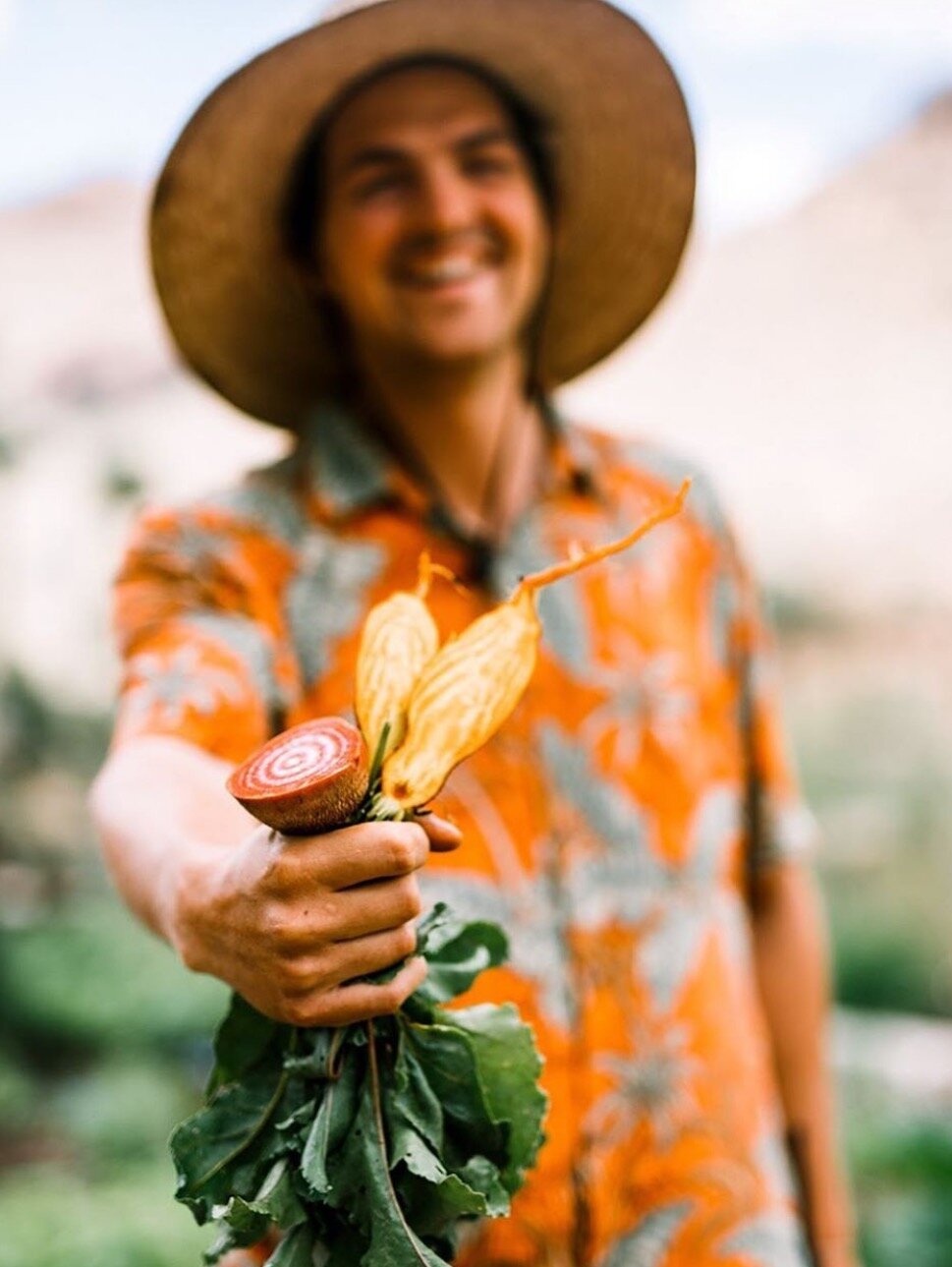Grounds to Gardens - Coffee Compost Advice from a Farmer
Coffee really is the gift that keeps on giving. Even after the caffeine has been extracted and it’s delicious flavors saturate your cup, the leftover grounds are great fertilizer.
To explore this topic further, we at Blue House spoke with Ian Beger, a local farmer, and Chief Agronomist at Castle Hot Springs Resort who uses Blue House Coffee’s compost as part of our sustainability initiatives.



Sam: Hi Ian, thank you for joining us. So what would your advice be for the average coffee drinker and what they should do with their coffee grounds?
Ian: Put it in the soil! Spent coffee grounds make a great addition to your garden or as a separate material to add to your compost. When added to compost coffee will improve the whole stack and speed up decomposition. In our home in the Sonoran desert, we have extremely alkaline soil, and the more acidic coffee grounds can balance the pH to better suit a variety of plants.
Sam: Is there a certain variety of coffee you prefer over others?
Ian: I prefer the cold brew grounds. They are coarser and have more acid retained in the beans. In terms of coffee varieties, I prefer the Ethiopia Yirgacheffe because it has a sweet smell to it but any work just fine.
Sam: Besides acidity, what other attributes does coffee that add value to the soil?
Ian: Based on a NPK (Nitrogen, Phosphorus and Potassium) analysis for coffee grounds from the North Carolina State University, the ratio is 2.1:0.3:0.3. Basically, coffee has a LOT of nitrogen, which is the most used plant nutrient. In addition, it attracts and feeds earthworms, loosens the soil and retains water. Most importantly, it’s an easy way to reduce landfill and get you out into the garden.
Sam: What are some types of plants that specifically love coffee grounds?
Ian: I would recommend it for all plants who need soil under 7.5 pH. We use it heavily on our tomatoes and our subtropical/tropical plant varieties like ginger and passion fruit. You may see some nutritional deficiencies in your plants improve with an adequate pH level. For example, citrus thrives in more acidic soils because nutrients such as iron and magnesium are more easily extracted from the acidic environment.
Sam: Sounds amazing – is there any danger in using too much coffee grounds?
Ian: It is generally well tolerated but it comes down to balance. One mistake you have made several times, Sam, is putting 50 lbs of coffee grounds on plants without mixing it in the soil. If you are going to put the grounds on the plant directly without composting, I recommend sprinkling on the top of the soil but not cover the full plant. Too much can cause a soil imbalance and can even precipitate a nitrogen toxicity.
Sam: So last question - is it cruel to give coffee grounds as fertilizer to coffee plants?
Ian: Cannibalism does not apply in the plant kingdom. You are in the clear.
Blue House Coffee produces about 200 lbs of spent coffee grounds each week and composts 100% of it. We donate to members of the community and plant in our own gardens. Please email if you are interested in taking some cold brew or coffee grounds at hello@bluehousecoffee.com.

